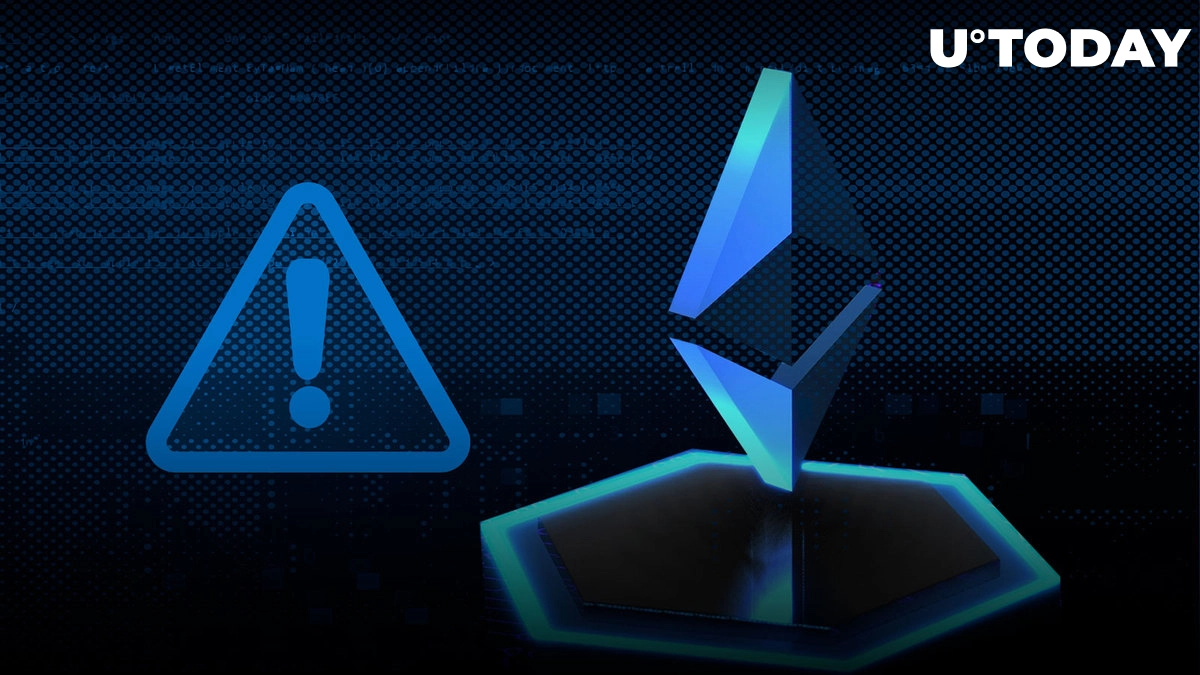
Kyber Network (KNC) engineers explained how ETHW holders can protect themselves from replay attacks
After the activation of the Ethereum (ETH) merge in the mainnet, some ETH enthusiasts also decided to claim alternative proof-of-work (PoW) chain tokens. This is the reason why they should be very cautious while transacting new properties.
The Merge update makes some Ethereum (ETH) supporters vulnerable to replay attacks
Team of Kyber Network, a veteran Ethereum-based DeFi protocol and multi-blockchain liqudity hub, shared a thread on replay attacks, a common post-fork vulnerability of crypto wallets.
After a fork occurs, transactions on one chain carry a significant risk for exploitation on the other chain. For example, money transfers on PoS Ethereum (the “official” post-merge blockchain) can be replicated on a PoW hard fork chain without authorization by the user.
It should also be noted that replay attacks can target both fungible tokens (ERC-20) and non-fungible tokens (NFTs). That is why Kyber Network experts recommend using separate wallets for working with ETH and ETHW tokens.
Furthermore, avoiding using Ethereum over PoW (ETHW) and minor PoW versions of Ethereum (ETH) could be a smart bet, at least for the post-merger period.
Ethereum on PoW (ETHW) contributors respond: “No worries”
KyberSwap, a Kyber Network main protocol, allows users to swap ETHW tokens 30 days after the Merge activation.
Contributor to Ethereum on PoW (ETHW) disagree With reports from experts from Kyber Network (KNC). He stressed that his network has built-in protection against such attacks:
ETHW has strong replay attack protection in place, so no worries here!
As previously covered by U.Today, the Ethereum (ETH) network activated a merge upgrade to the mainnet on September 15, 2022. Today, its PoW hardfork’s ETHW tokens were distributed among ETH holders.


















